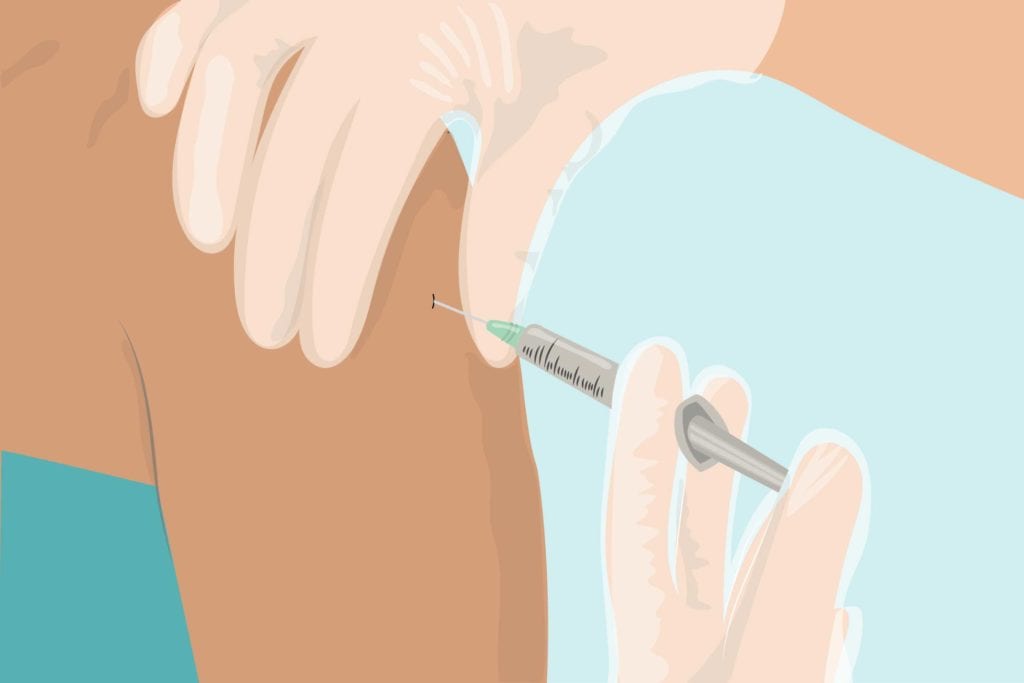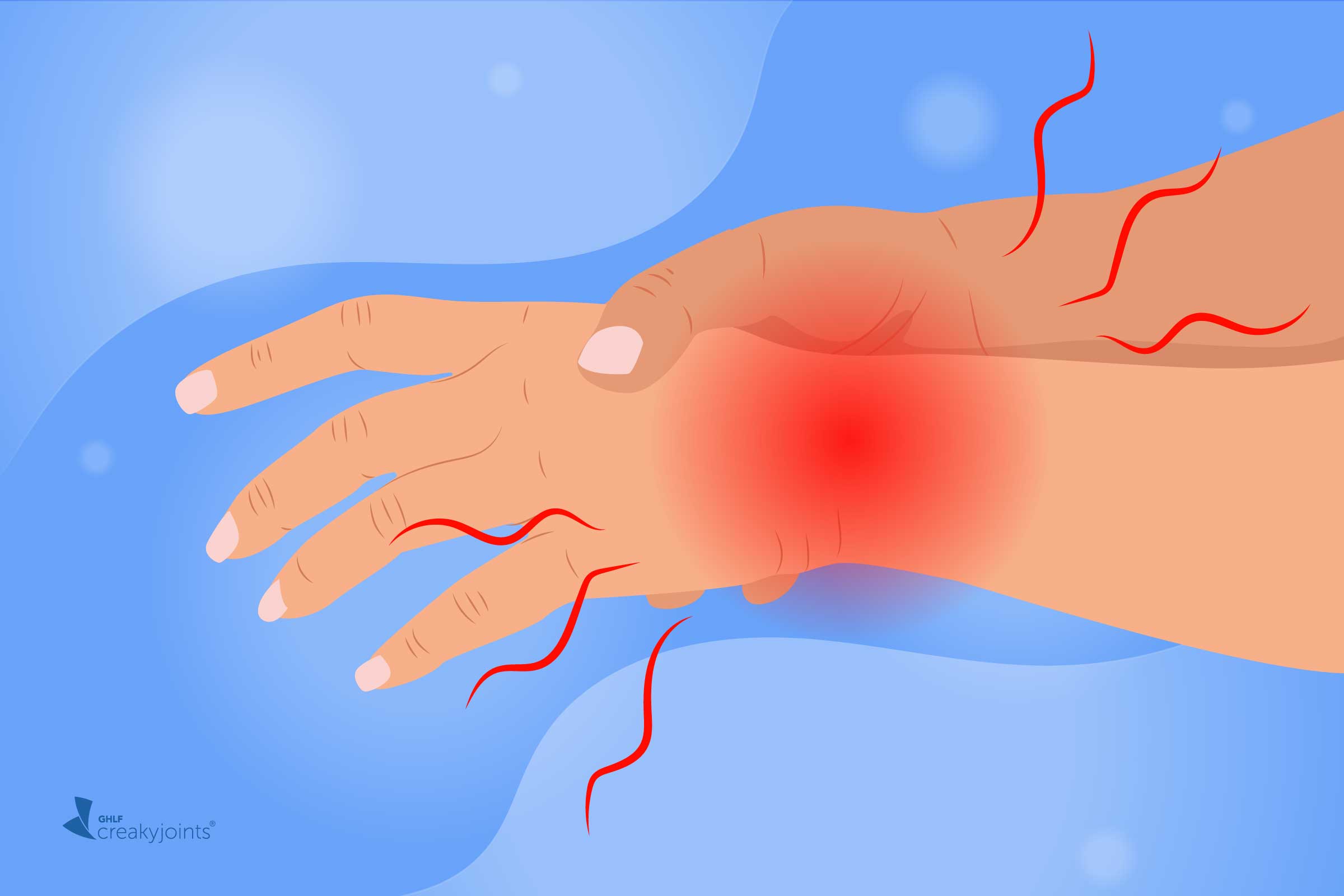

If you’re an adult age 50 or older, your doctor will likely recommend you receive a new vaccine — called Shingrix — to protect against shingles, a viral infection that can cause a painful rash.
Shingrix was FDA-approved last fall; the CDC recommends that people age 50 and older get two doses between two and six months apart. The CDC now recommends Shingrix over the Zostavax, an older shingles vaccine that’s been approved for people age 60 and older since 2006.
But if you have an autoimmune disease such as rheumatoid arthritis, the jury’s still out on whether the new shingles vaccine is safe for you.
There’s no question that people who have immune-mediated inflammatory diseases, such as different kinds of arthritis, have a higher risk of coming down with shingles than otherwise healthy adults, says Elizabeth Kirchner, CNP, of the Cleveland Clinic’s rheumatologic and immunologic diseases department.
This is likely due to both changes in the way the immune system works among people with these inflammatory illnesses as well as effects from the immune-suppressing medications people take to manage their disease.
For example: The risk of developing shingles among healthy 50-year-old U.S. adults is four per 1,000 patient years. For people with rheumatoid arthritis, the risk goes up to 10 per 1,000 patient years. People with lupus have a range of anywhere from six to 32 per 1,000 patient years.
But the problem is that doctors don’t know how the new Shingrix vaccine — which is significantly more effective at preventing shingles than the older Zostavax vaccine — will affect patients with autoimmune disease, because these patients weren’t included in the vaccine’s clinical trials.
“This is a really, really good vaccine,” Kirchner told MedPage Today. “But the problem is that patients with immune-mediated inflammatory diseases such as rheumatoid arthritis, psoriatic arthritis, ankylosing spondylitis, and lupus were all excluded from those trials.”
The Shingrix vaccine was studied in HIV patients, cancer patients, and transplantation patients, who all did fine, according to Kirchner. “But our concern is kicking up the immune system in autoimmune patients who already have an overactive immune system,” she told MedPage.
Kirchner told CreakyJoints that rheumatology patients need to be aware that “patients like them were excluded from the clinical trials, so there is no evidence regarding the safety of this vaccine for patients with IMIDs.”
“In order to practice evidence-based medicine we need evidence, and there just isn’t any yet,” she added. “[Patients] should discuss with their providers the risks and benefits associated with the vaccine.”
The benefit is a high level of protection against shingles, and the risks include known short-term side effects, possible disease flares, and/or new autoantibody production, she said.
Ask your doctor whether they think the Shingrix vaccine is safe for you, and which side effects you should look out for after you receive it.





